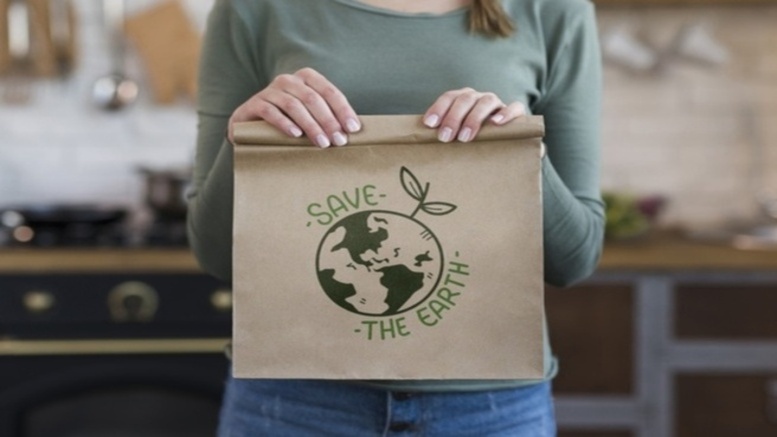Introduction
Eco-friendly lifestyle trends such as minimalism have stemmed from a buy less, use more philosophy. Reduction of waste generation at the grassroots level and effective waste management form the crux of such environment-conscious lifestyle trends.
Individuals following these lifestyle trends consciously strive to reduce their use of plastic and other non-biodegradable products. They opt to replace plastic with paper or cloth bags, carry stainless steel straws or utensils to restaurants, etc.
Waste management might seem like a western concept in India, but where does India truly stand when it comes to it. In less populous western countries like the United States or Canada, there are policies in place which the citizens have to follow, leading to cleaner streets and surroundings. But does that help to achieve the end-goal? Most often the waste collected from the homes and industries is moved to areas where their reuse or recycle potential is not truly explored.
Is zero waste an achievable goal in India?
Compared to western countries, Indians have been inherently using sustainable ideas and materials for day to day activities as well as in the commerce of life. A few common examples that are less recognized include:
- Eating with your hands reduces the need for plastic spoons
- Carrying stainless boxes to places of work reduces the amount of plastic food packaging.
- Local fruit and vegetable produce are not packaged in plastic boxes when compared to the imported kiwis and strawberries.
- Reusable cloth or paper bags for grocery shopping.
- Using a bucket and mug of water instead of toilet paper.
- Recycling and composting kitchen waste to be used as manure for plants.
A complete ban of use and throw items such as plastic bags has helped to significantly bring down the percentage of plastic ending up in landfills and our water bodies. But in a populous country like India, there are very few policies for effective waste management. A lack of awareness about the significance of reducing and reuse is creating a deviation from the age-old practices. Citizens are conscious only about their home or immediate surroundings but are increasingly lethargic or dismissive when it comes to protecting the environment.
India’s Waste Warriors
Working hand in hand with the government are waste management firms that collect, segregate, and categorize the reusable and recyclable waste materials. But a significant part of their work focuses on educating the citizens on waste segregation and ways to recycle waste products. Over the past decade, waste management firms have played a significant role in educating and making the public to be active participants in the campaign toward a cleaner, greener India.
Some of the key topics discussed during workshops and other educational sessions organized by the firms include:
- Environmental and health implications of non-biodegradable and toxic waste
- Handling of waste at home
- Landfill concerns
- Recycling solutions
Impact of waste management firms
Awareness created by these firms on waste segregation at residential levels is a step toward sustainable waste management in India. Children are taught about bio-degradable and non-degradable waste and how they can hurt or help the environment. They are encouraged to join hands with their parents and function as a family unit to make the work of waste collectors easy.
This has led to the easy disposal of biodegradable waste and careful recycling of non-biodegradable and other waste materials. Many waste management centres provide advanced recycling assistance for the convenience of society. Individuals are also encouraged to recycle on their own. While a major load of the waste collection, disposal/segregation is done by waste management firms, active participation from members of the society is the ultimate goal.
Every choice an individual makes can contribute toward the campaign for zero waste management in India. To know more about reuse and recycling, producer responsibility, or how you can contribute to the zero waste campaign visit>> https://saahaszerowaste.com


Be the first to comment on "Zero Waste – India’s long tradition of reducing and reuse"